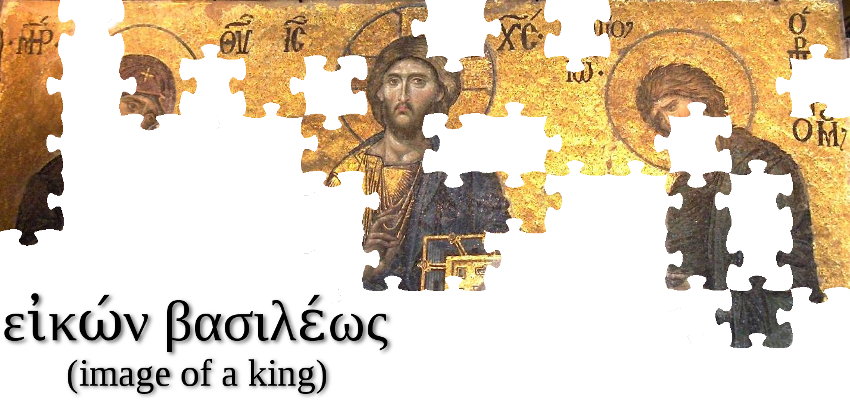To stave off tedium at work, I like to listen to a mix of CDs (a book of them is my iPod substitute), Pandora, and sermons from my church--they have the last four years archived on their website. With all the time I have, I've started going through the yearlong series they were doing two years ago on 1 Corinthians. With 44 sermons on the book, the pastoral team did a great job and went into a lot of detail; today I listened to one all about divisions in the church. (The #1 issue Paul addresses about the Corinthians)
Divisions in the church are still a relevant issue today, and increasingly so as more denominations and offshoot churches seem to pop up all the time. While many of these divisions simply reflect differences in praxis or doctrine, some are more significant (i.e. those who were really convinced the world would end last Saturday, investing significantly in preparing for the end). In the sermon, Paster Steve talked about some of the historically significant divisions in the church (i.e. in the 16th century). Before that, there was the "Great Schism" of 1054 where the Catholic and Eastern Orthodox churches split off, and before that there were early offshoots of the church like the Gnostics and Arians. What happened to Paul's imperative to the Corinthians church to agree with each other "that there may be no divisions among you and that you may be perfectly united in mind and thought"? (1 Cor. 1:10)
Today it occurred to me that these divisions happen because of sin. I know that sounds like a simplistic Sunday-school answer, but look at the context of the Reformation. The Catholic Church had gone far astray, distorting the gospel by turning salvation into a financial transaction, using religion to gain political power, and adding all kinds of doctrines to the teachings of the Bible. Martin Luther never intended to create a whole new kind of Christianity, he just wanted to reform the Catholic Church to end these abuses. But of course, not everyone agreed with him and Lutheranism became a new denomination. Later reformers like Menno Simmons were more explicit in their desire to break away from the Catholic Church. The common theme here is that new denominations often form to amend or repair the perceived heresy of their predecessors. Other times (maybe it's just me or this seems more common today), the offshoot denomination is the heretical one--I won't name any names.
Somehow it seems like putting a bunch of Christians together amplifies our natural tendency to stray away from Christ--and makes it much harder to return. I can't think of a single story of two distinct denominations rejoining each other--the only way these divisions go away is if one dies off, like with the Gnostics. For all their confusingness, divisions in the church are sadly necessary to keep us from all marching like lemmings away from the outstretched arms of Christ.
If doctrinal shifts and corrections are what cause these divisions, the "open-handedness" of the issues being discussed determines how well the new denominations get along. "Closed-hand" beliefs are ones central to your worldview that you aren't willing to let go; "open-hand" beliefs are assumptions you've made that you could be persuaded to give up. In the sermon, Steve mentioned that fundamentalists see most of their beliefs as closed-hand, while liberal Christians are mostly open-handed. I thought that was an interesting way to think about it. Some beliefs (like salvation by grace alone) are worth fighting to keep; others (like which kind of bread to use in communion--one of the reasons for the Great Schism) just aren't. I challenge you (not just Christians, but everyone) to figure out which are what.
My Experiences with Liberal Churches
14 hours ago










